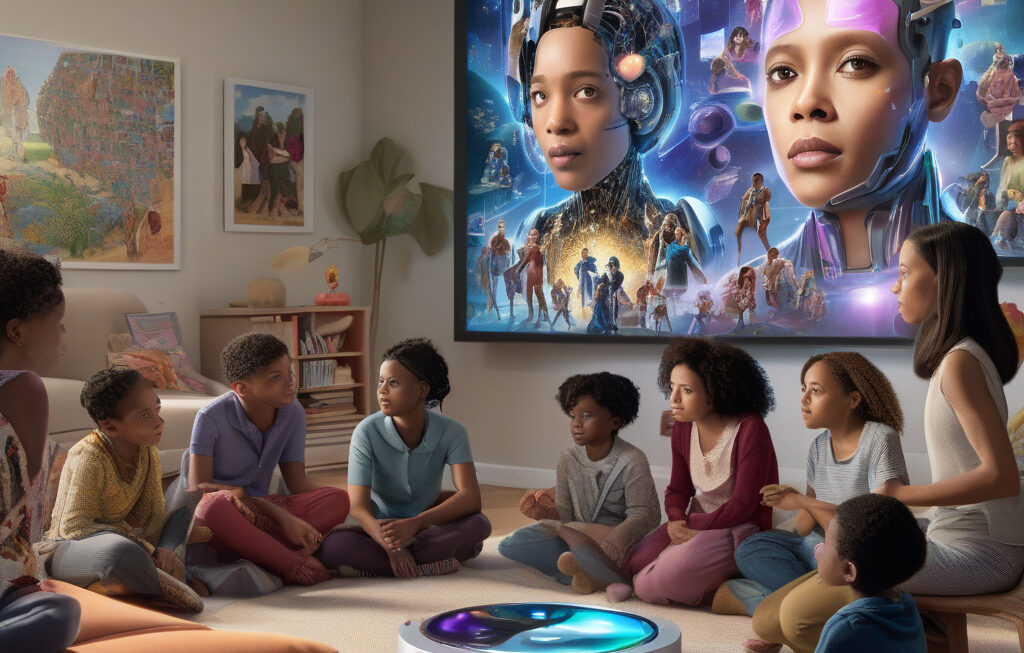NSPRA Warns AI Must Complement, Not Replace, Human Voices in Education
Artificial Intelligence (AI) has been making significant strides in various sectors, including education. A recent report by the National School Public Relations Association (NSPRA) sheds light on the rapid adoption of AI in US school communications. While AI offers numerous benefits in streamlining processes and enhancing efficiency, the report underscores the importance of ensuring that AI complements rather than replaces human voices in education.
According to the report, many educational institutions in the United States are integrating AI-powered tools into their communication strategies. These tools range from chatbots that provide instant responses to inquiries to automated systems that personalize interactions with students and parents. While AI can undoubtedly improve communication efficiency and effectiveness, there are concerns about the potential implications of overreliance on AI in educational settings.
One of the primary concerns highlighted in the NSPRA report is the need to maintain a balance between AI-driven communication and human interaction. While AI can automate routine tasks and provide quick solutions, it lacks the empathy, creativity, and critical thinking skills that human communication entails. As such, there is a risk that excessive reliance on AI in education could undermine the essential human element in fostering meaningful connections and understanding.
Moreover, the report points out the urgent need for clear policies and guidelines governing the use of AI in school communications. As AI technologies continue to evolve rapidly, there is a lack of standardized regulations to ensure transparency, accountability, and data privacy in AI-driven communication processes. Without robust policies in place, there is a risk of unintended consequences, such as biases in AI algorithms or breaches of data security.
To address these challenges, the NSPRA emphasizes the importance of viewing AI as a tool to enhance, rather than replace, human communication in education. By leveraging AI technologies to automate routine tasks and gather insights from data, educational institutions can free up valuable time for educators and school staff to focus on building authentic relationships and engaging with students and parents on a personal level.
Furthermore, the NSPRA calls for collaborative efforts between policymakers, educators, technologists, and other stakeholders to develop clear guidelines for the ethical and responsible use of AI in school communications. This includes ensuring transparency in how AI algorithms make decisions, safeguarding data privacy, and mitigating the risk of biases that could impact communication outcomes.
In conclusion, while the rapid adoption of AI in US school communications presents exciting opportunities for enhancing efficiency and effectiveness, it is essential to approach AI integration thoughtfully and responsibly. By prioritizing the human element in education and establishing clear policies to govern AI use, educational institutions can harness the benefits of AI technology while upholding the values of empathy, creativity, and ethical communication in the learning environment.
AI in education, NSPRA report, school communications, human interaction, policy gaps












